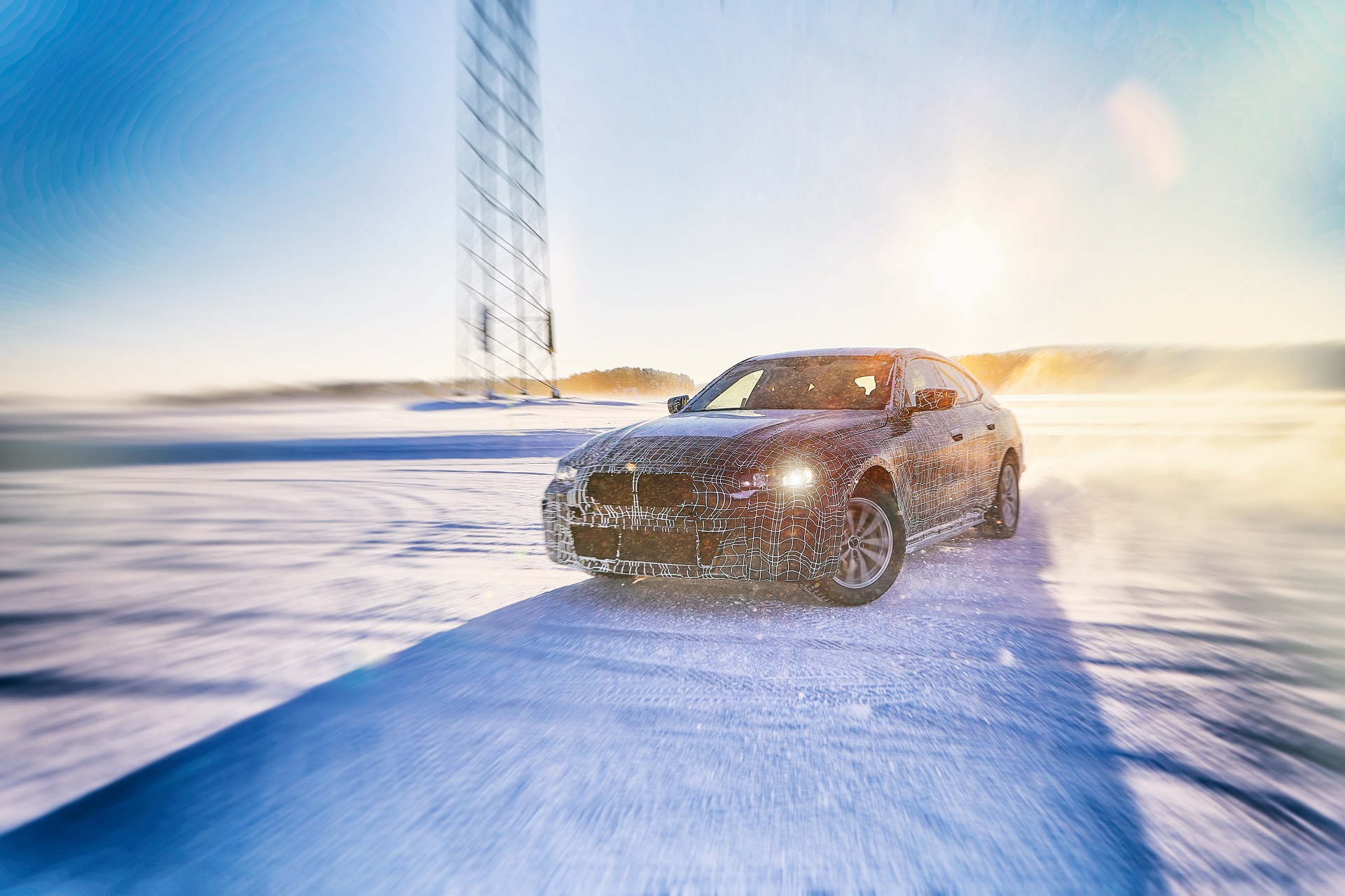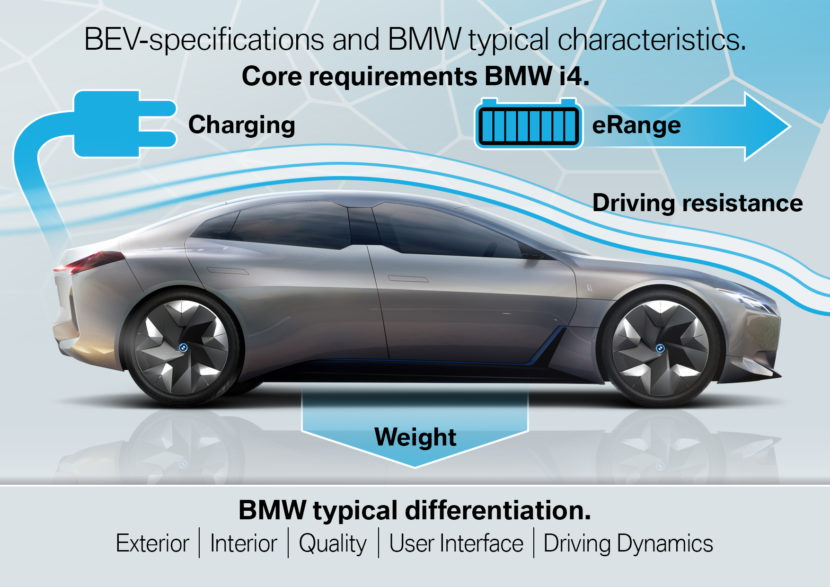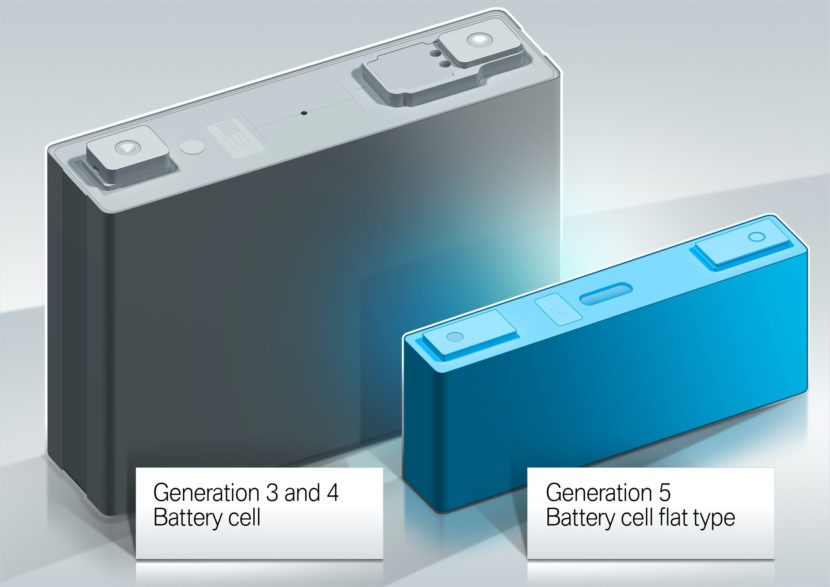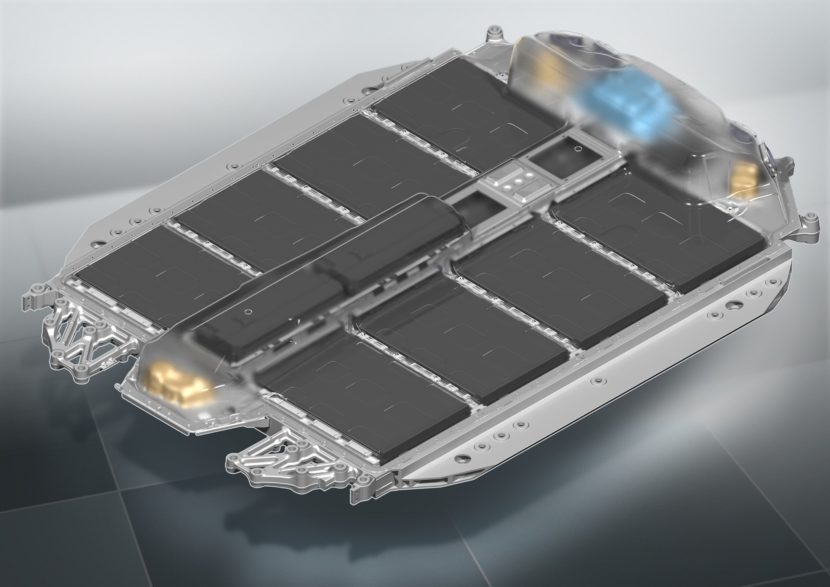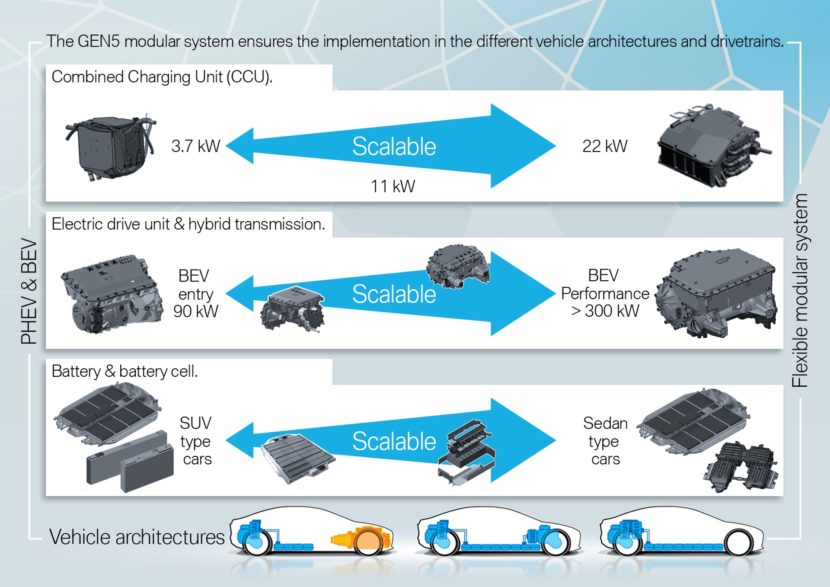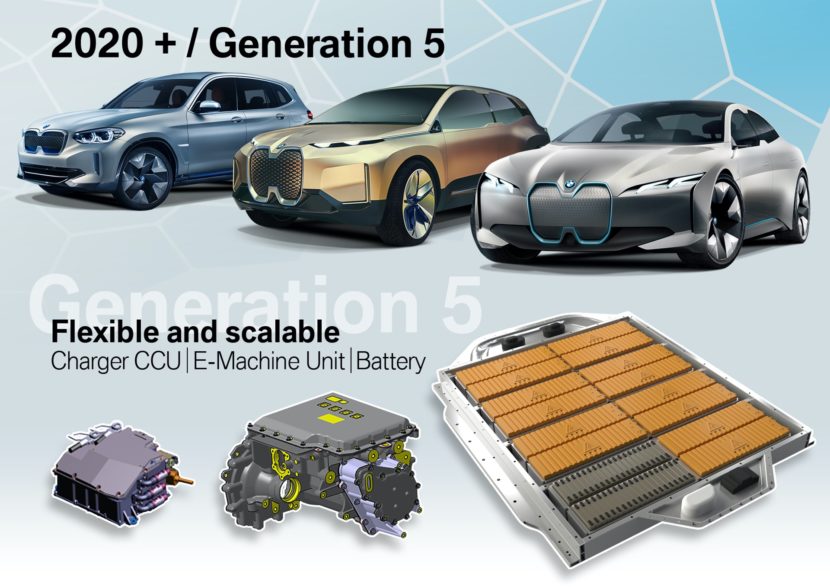Not long ago we reported that the upcoming BMW i4 might have an electric range of 600 km (373 miles) and 390 kW / 530 horsepower. That rumor was confirmed today by the Germans themselves. The company issued a press release with a couple more specs of the upcoming BEV raising the hype around the BMW i4 even more. There were even more interesting tidbits to be picked out from the release as well, mentions of the upcoming 4 Series and 3 Series models.
According to BMW, the upcoming BMW i4 is built atop the same platform as the 3 Series, 4 Series Coupe, 4 Series Convertible and 4 Series Gran Coupe models. This could very well be used as a confirmation of the fact that the 4 Series Gran Coupe will live on for another generation. The i4 will share this platform as well as the fifth-generation eDrive technology which will also be introduced on the BMW iX3 from 2020, the first BMW to use it in production guise. Of course, the BMW iNext will also get the latest tech once launched.
This fifth-generation tech for the i4 brings out new electric motors, power electronics, charging tech and high-voltage batteries. The electric motor, for example, will be able to deliver up to 530 HP according to BMW, as much as the 4.4-liter twin-turbo V8 on M50i models today. The Bavarians are also claiming their products are extremely efficient while the design and packaging of the batteries will allow the company to fit it in extremely tight spaces, due to its compact size and high energy density, storing 80 kWh in a total weight of 550 kilos.
BMW also offered some performance specs of the i4: the new 4-door coupe will do 62 mph from standstill in 4 seconds flat, and go up to a top speed of 200 km/h (124 mph).
The car will be built in Munich and will benefit from a highly integrated drive system in which the electric motor, transmission and power electronics are accommodated in a single housing. This drive system is compatible with all vehicle concepts and will be available for different models in a range of output levels. The highly integrated design of the system allows a significant increase in power density as well as a reduction in weight and manufacturing effort.
The charging unit is characterized by a uniform package suitable for all future vehicle architectures. It can be used in plug-in hybrid models as well as in purely electrically powered vehicles and is designed for a charging capacity of up to 150 kW. This allows the high-voltage battery of the BMW i4 to be charged to around 80 per cent of its full energy content in around 35 minutes. This results in a charging time of around six minutes for a range of 100 kilometers (62 miles).


